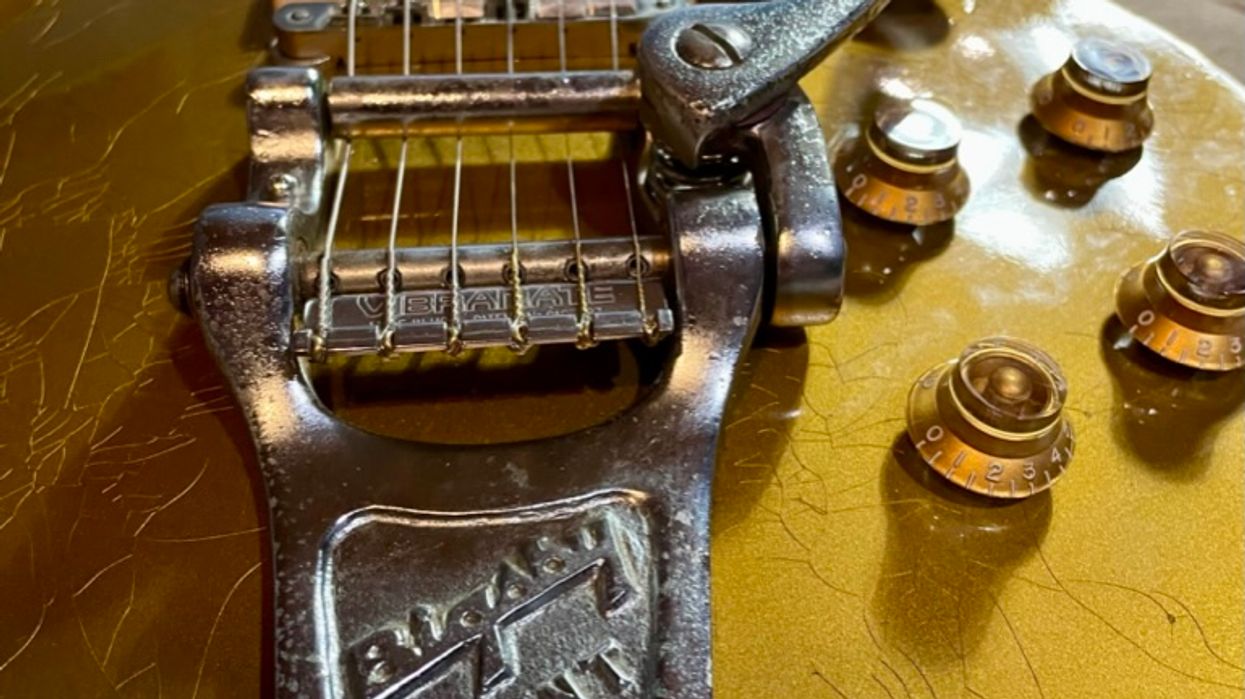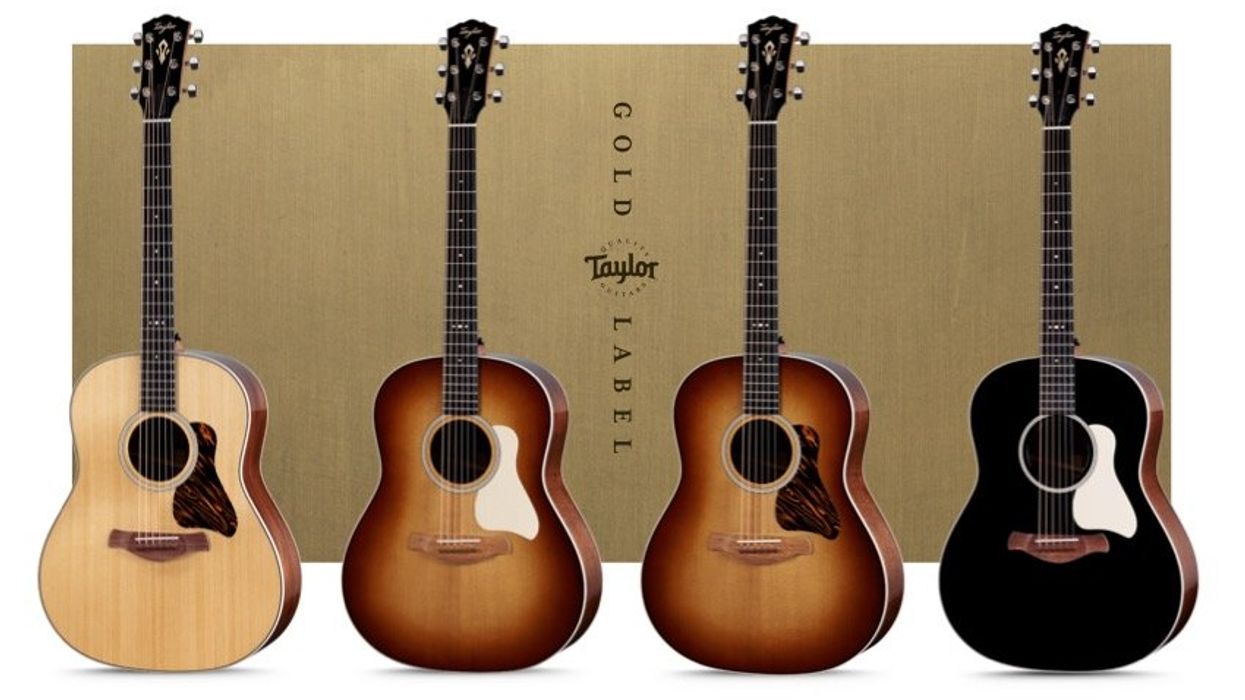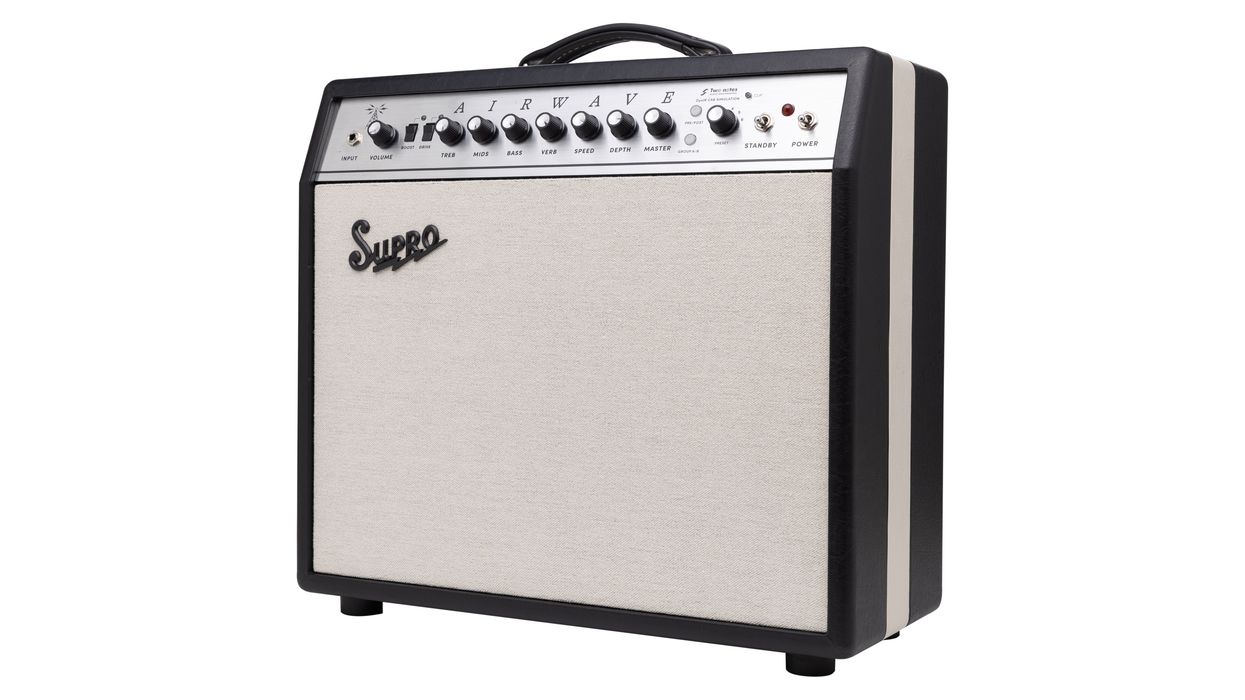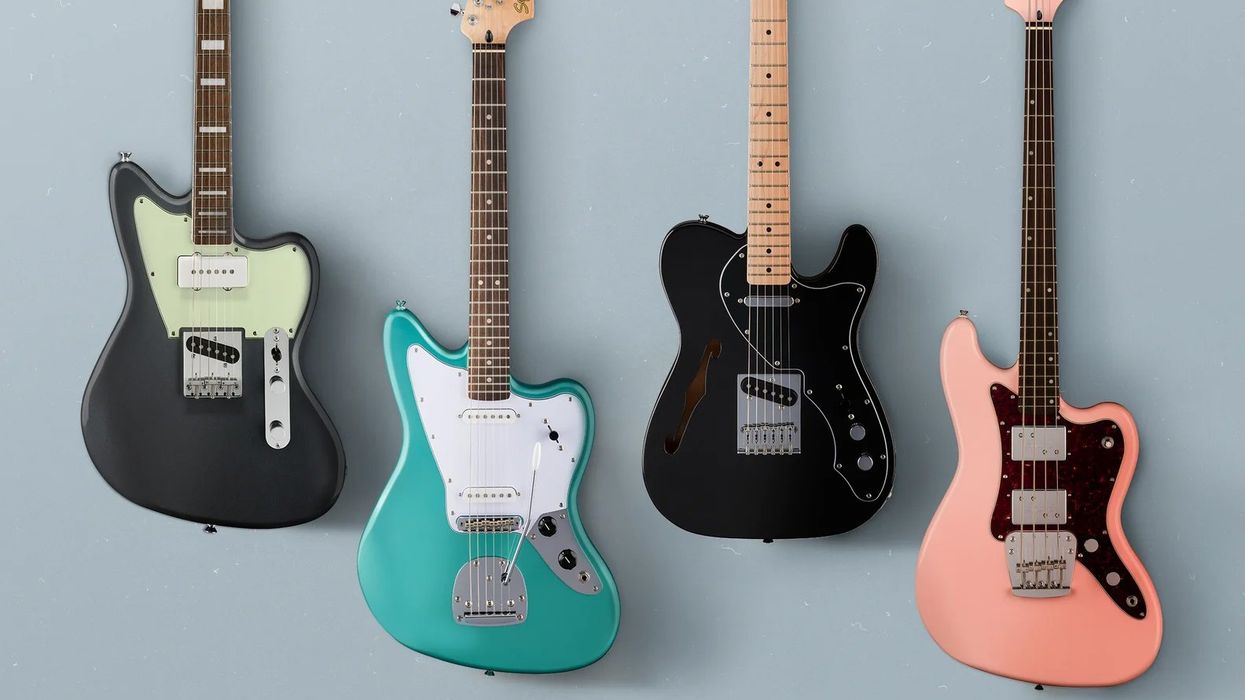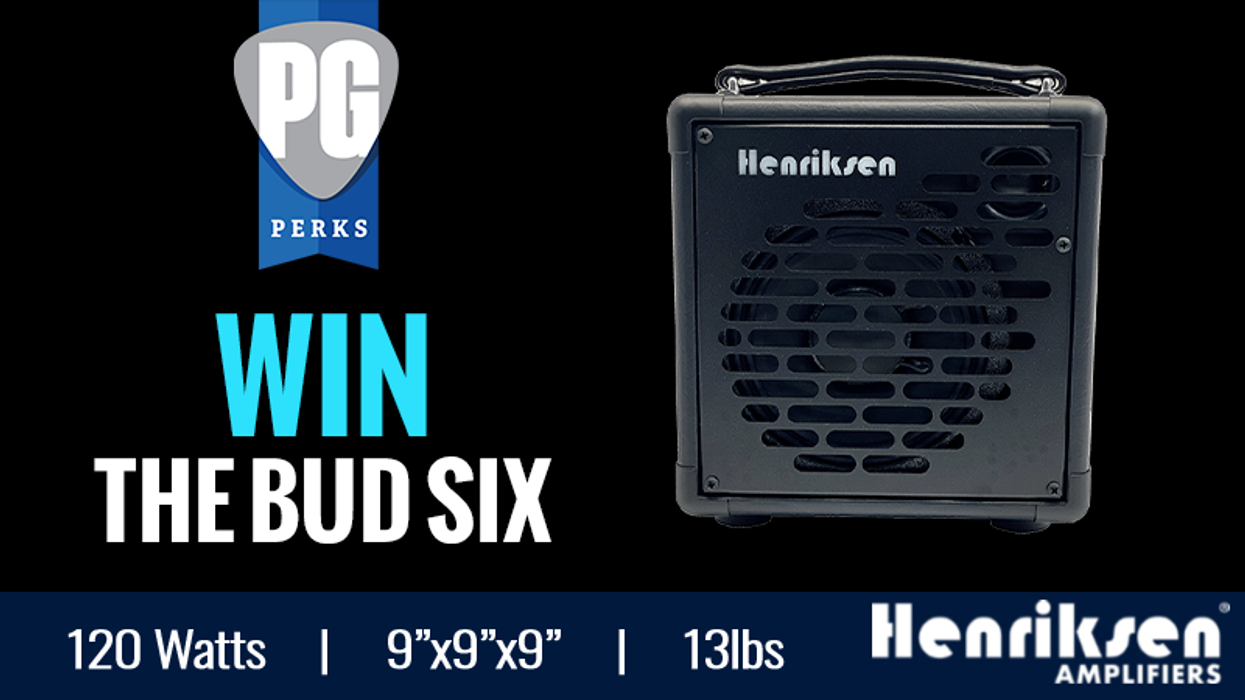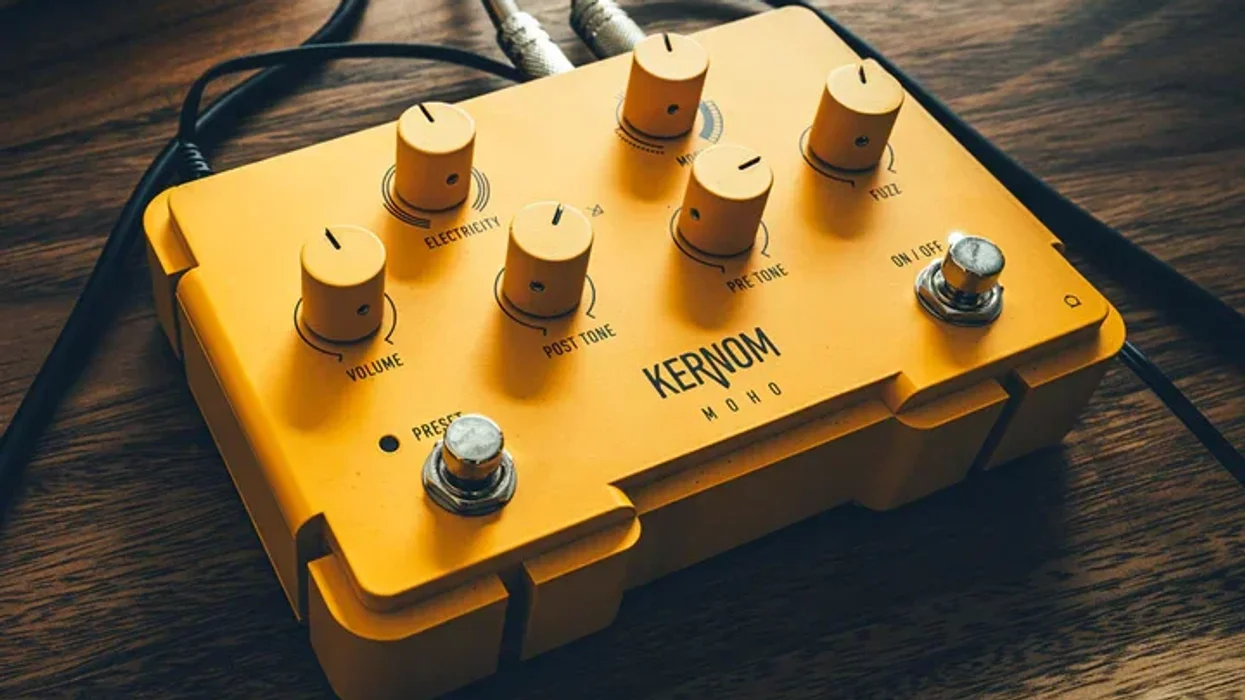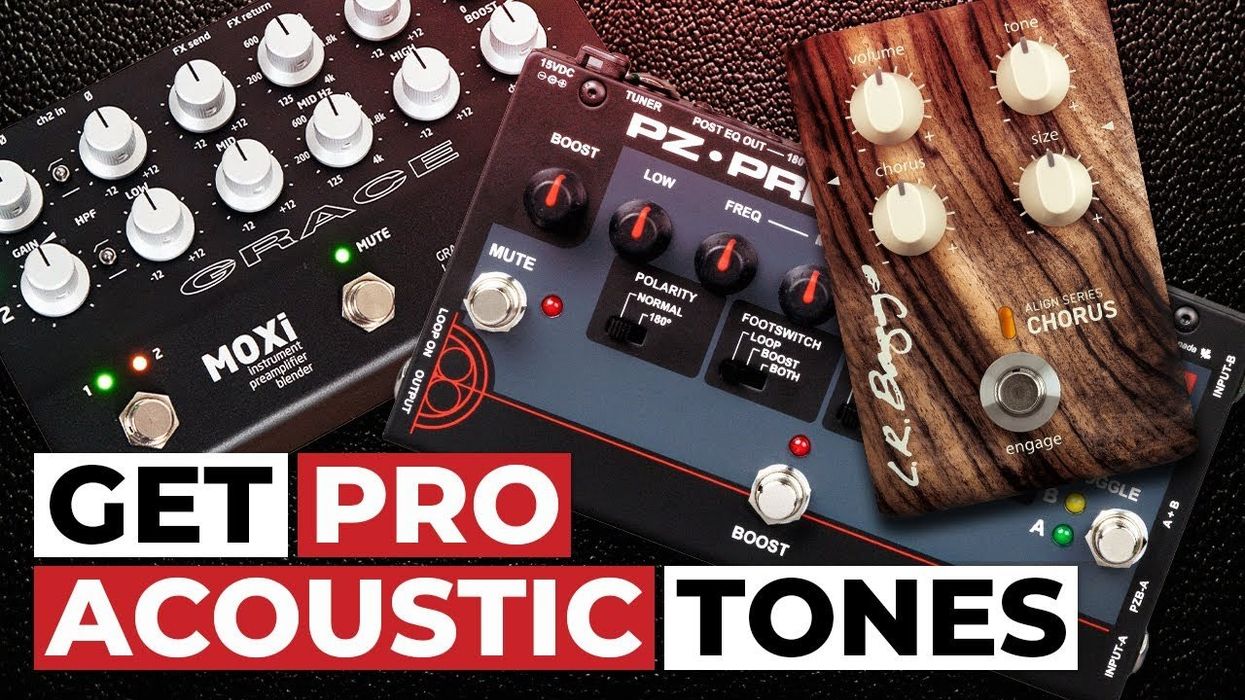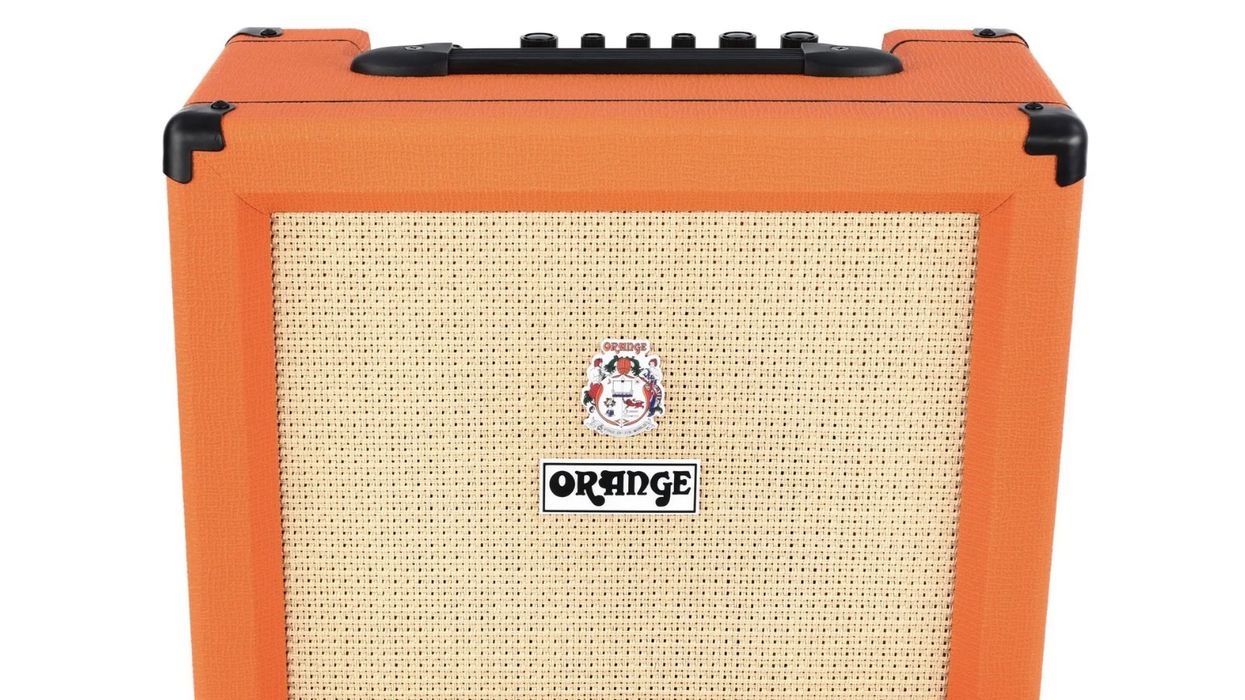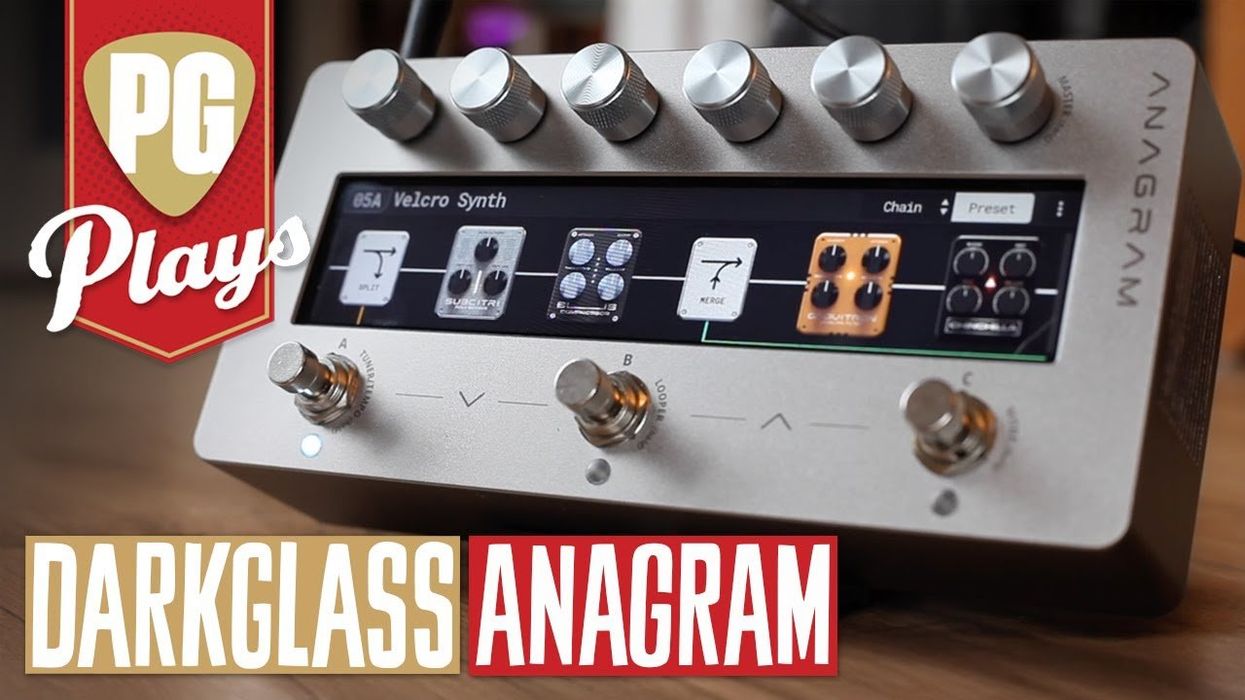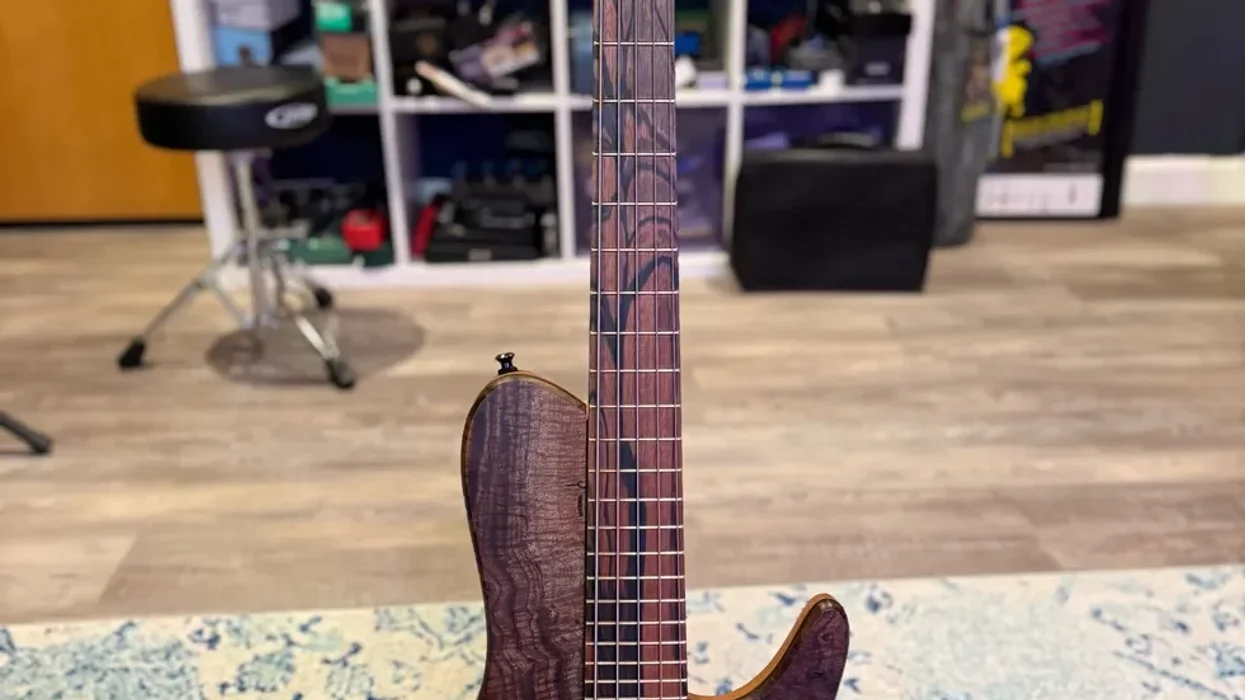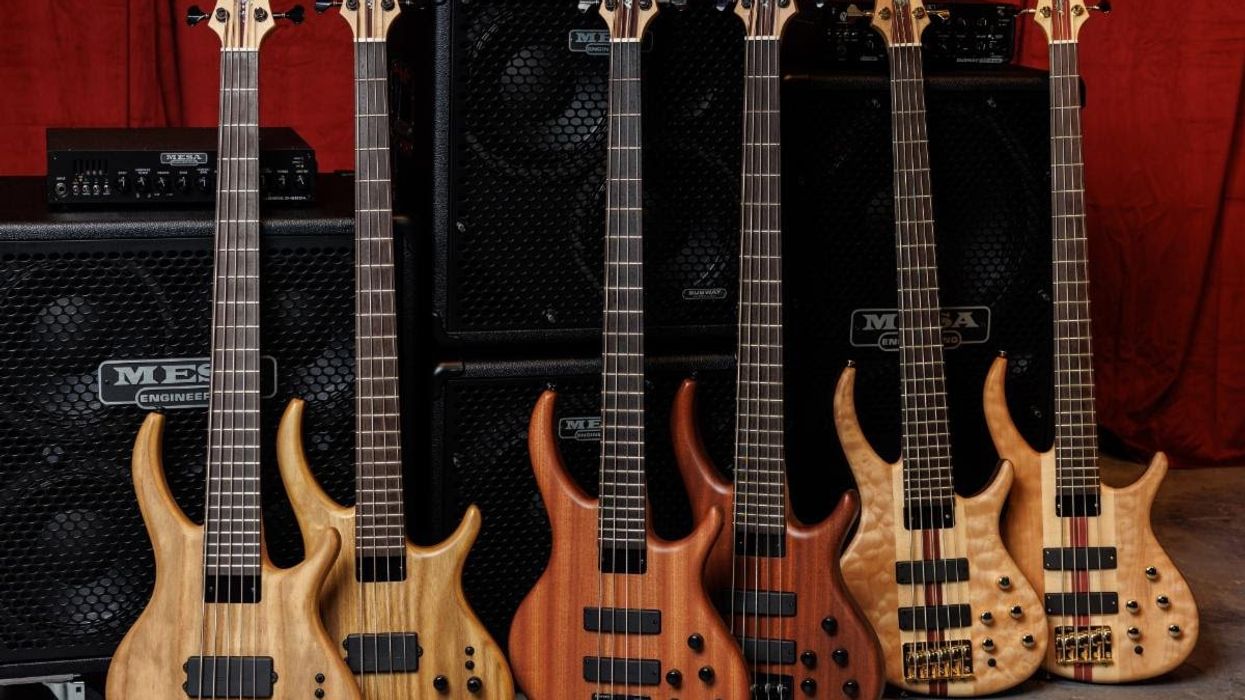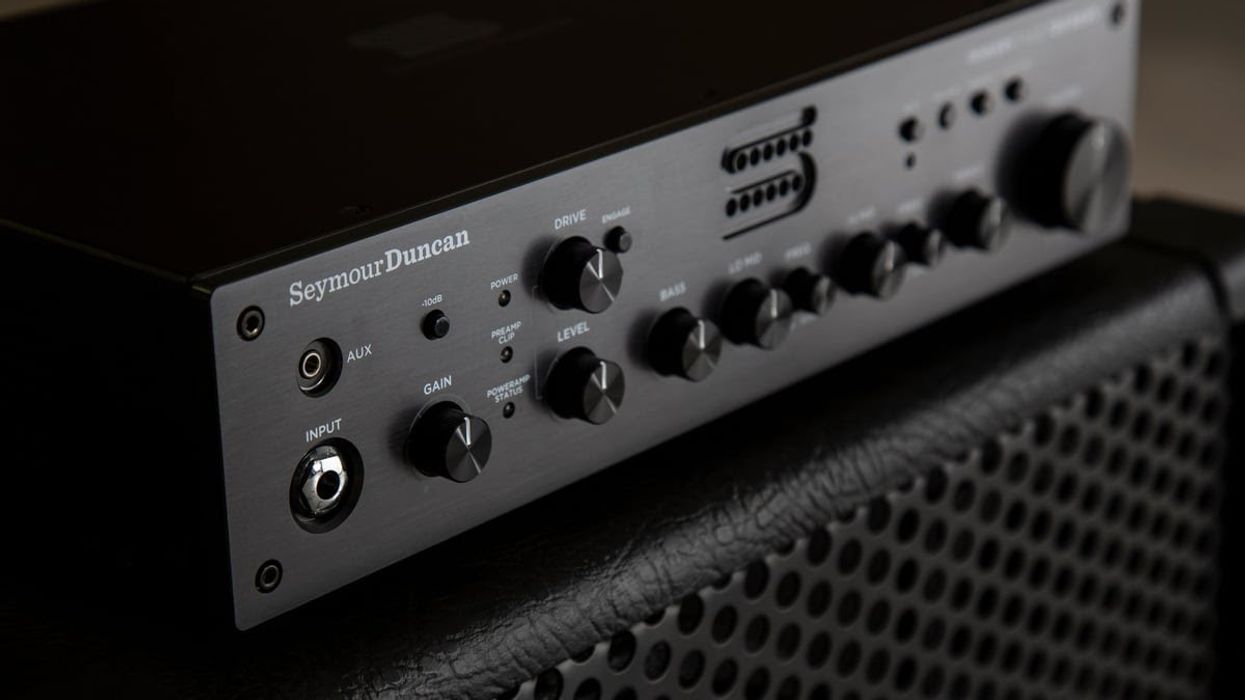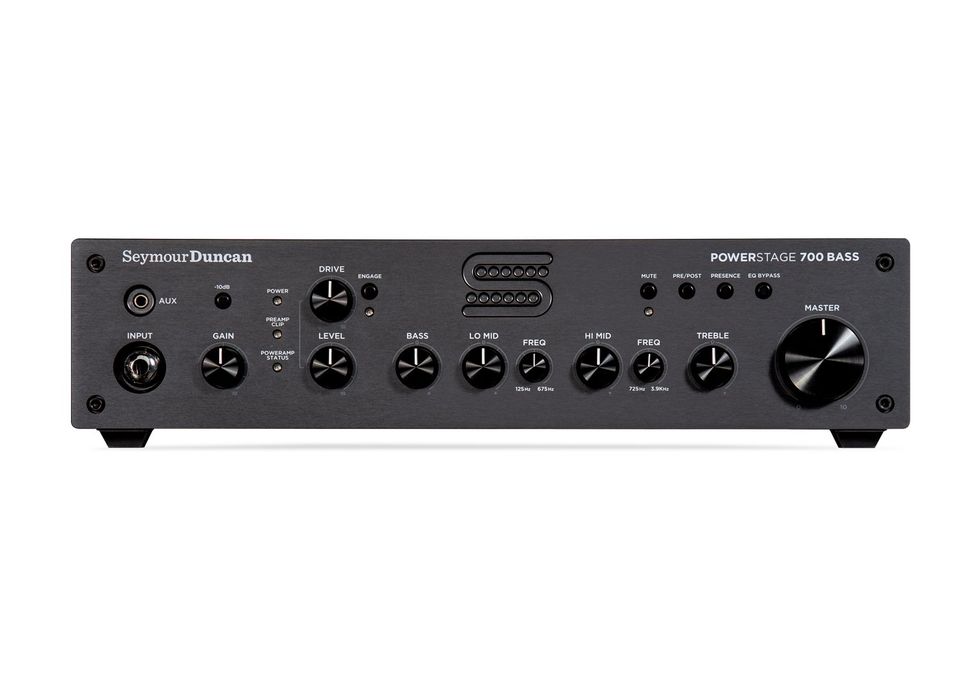At the end of each year, I report on the bass
market from a dealer’s perspective. I sell
a lot of basses, I see a lot of basses sold,
and—most importantly—I see a lot of basses
go unsold. That is the real story on accurate
pricing. The tag price is not the sold price,
and that is where value mistakes happen.
The first seven and a half years of the new
millennium saw vintage bass prices explode,
in some instances increasing 400 percent or
more. Vintage basses went out of the financial
reach of the working player. Nonplayers and
nonmusicians were buying big pieces as an
accumulative asset or a work of art. Vintage
collectibles, basses included, were outpacing
401(k) or other investment vehicles. Potential
buyers were asking, “Where do you see the
value in two years?” not “How does this instrument
play?” and “Is it all original?”
Musical Instrument or Financial Investment?
Investors and speculators with cashed-out
401(k) plans and second mortgages were helping
to fuel the vintage fire. Like all fires, if you
burn too hot, you will burn out—and if you
stand too close, you’ll get burned. From 2003
until early 2007, I could sell a big bass using
telepathy. As a dealer, we did not care if we
rolled stock, because it would be worth more
tomorrow than today. We all knew the party
was coming to an end, we just did not know
when, how, or how abruptly it would happen.
Now, big basses are slow and extremely
devalued compared to three years ago.
Maybe “devalued” isn’t the appropriate word.
Perhaps “properly valued” is more accurate.
Last year, my median sale was about $1100
to $1300. Today, it’s up a few hundred
bucks. Most importantly, players like you
and me are buying vintage basses. To understand
how bassists—not dealers or investors—
viewed this past year, I spoke with a
few Premier Guitar subscribers to get their
opinions and perspectives. I’d like to thank
readers Tim Onorato, David “DK” Wilkins,
Paul DeLano, Fred Elig, and Kennan Shaw
for offering their open and honest insights.
All these guys are pro-level players. Some
tour for a living, some are barroom brawlers
a few times a month. Their arsenals range
from a pistol safe to a NATO stockpile. Most
importantly, these guys use their gear.
A View from the Trenches
Something is impacting this panel of
PG-reading bassists, and it explains quite a
bit to a dealer like myself. When the economy
goes south, the first thing people do is stay
home: Musicians who had weeknight gigs no
longer have them, and the weekend gigs also
dried up. The playing time for my panelists
seems to have decreased 50 to 65 percent,
and rates are down by the same margin. A
$750 gig is now paying $250. The folks who
rely on gigging as a major portion of their
household income are doing okay, but doing
okay does not lead to gear purchases.
The fact is, one’s gig income has a direct correlation
to one’s gear-purchase fund: no gigs
means no gear purchases. As a dealer, I thought
people were afraid of spending money on
instruments because of potential devaluation or
their inability to resell the gear. But now I realize
that the slowdown is due in part to musicians
having no capital to invest. Personally, I have
not bought anything for myself in the past 18
months. Kennan Shaw summed it up perfectly:
“You need a catch-and-release program or a
good ogling method.”
When I asked these players about what gear
they’re avoiding, the response was interesting:
new boutique basses. The reason they gave
was the hefty devaluation at sale time. As prices
increase on new boutique basses and drop on
vintage instruments, many players reach the
same conclusion: Why spend $5000 on a boutique
emulation when you can buy the real thing
for the same money? When the vintage market
was going nuts, folks bought boutiques because
they could afford them. What they’re buying
now are the “bread and milk” of the industry—
reliable amplification and practical accessories.
I asked if anyone had to hock a bass to pay the
bills, and luckily none of these guys did. But I
know from my clients there was a lot of this for
a while. My bass-playing PG fans also recognized
they are lucky to be gigging—a bad gig is
better than a good night in front of the TV.
Fiscal responsibility is also a major focus of
the group. Buying on credit is out of the
picture. In the past, 95 percent of my sales
were on a credit card. Today, it’s about 50
percent. I thought only my credit-card sales
were down, but now I understand folks are
simply not charging without cash in hand. If a
bass needs to be sold before another one is
purchased, then so be it. I’m glad to see fiscal
accountability take place. Very recently, a “client”
bought a bass from me through e-auctions.
He did not have the money for the purchase
because his bass sale fell through.
Here’s something else I found interesting:
Though my panelists are from California,
Florida, the Gulf Coast, the Northeast, and
the Midwest, each one gave almost the
same responses to my questions. The economy
impacted them similarly, they had similar
concerns and issues, and so on. I learned
from these gents and I thank them for that.
Warming Trends
Not everything is dire. My shop is seeing a
lot of trade-ins—something we’ve not had in
quite some time—and wish-list items seem
to be resurfacing. In fact, several roundtable
bassists mentioned lusting after a killer old
J bass and some big cha-ching Ricks. At this
time last year, none would have entertained
the idea of buying a nice vintage bass.
So what are my thoughts on the vintage market?
Honestly, I think, hope, and pray the price structure
has bottomed out. Good vintage basses at
fair prices will sell. Great and rare basses will start
to command a premium. I am seeing a huge
jump in trade activity that resembles mid-2006
levels. Folks seem happy to make a fair trade on
a solid bass. I see a lot of bands, and players are
using traditional gear a lot more than they were
over the past two to three years. Why? Because
they can afford the traditional stuff again!
The Low Down
I’ve learned a lot while researching my columns
in this and the previous issue. I’m actually
optimistic going into a busy show season
in Arlington, Philly, Nashville, and Orlando.
Hope to see you there.
Kevin Borden
Kevin Borden has been a bass player since 1975 and is currently the principal and co-owner, with “Dr.” Ben Sopranzetti, of Kebo’s Bass Works [kebosbassworks.com]. You can reach Kevin at kebobass@yahoo.com. Feel free to call him KeBo.
